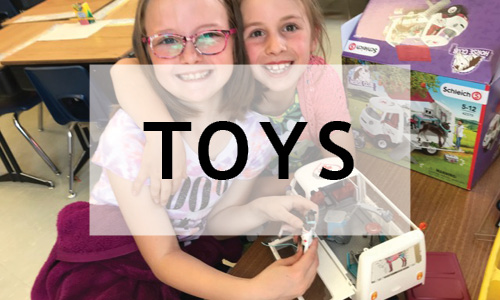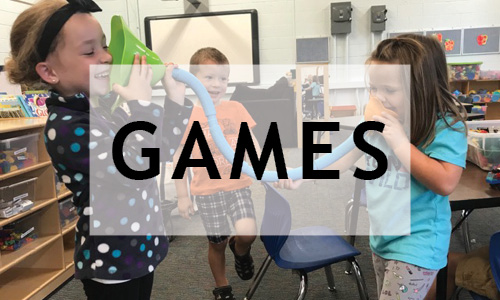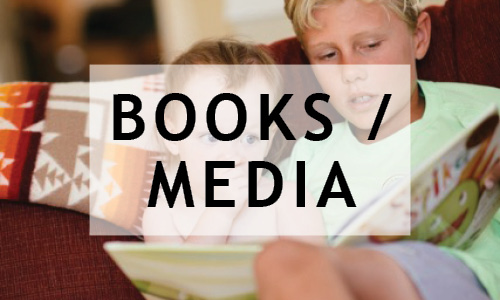 I love what “Reach Out And Read” is doing in training doctors to promote literacy in their little patients.
I love what “Reach Out And Read” is doing in training doctors to promote literacy in their little patients.
About a year ago, I was on a flight from New York to Florida and I sat next to a young man who was in medical school at NYU. He asked me what I did and after I told him I was a speech pathologist, he told me about his training with Reach Out And Read. We talked about the importance of a pediatrician knowing the whole child, not just the medical aspects, but really being trained in aspects of development like speech and language and literacy.
In yesterday’s New York Times, there is an article, “Rx: Read,” which describes the impact of this amazing organization on children at the pediatric clinic of Bellevue Hospital Center in Lower Manhattan. I loved the description of the waiting room–toddlers sitting on mats, listening to volunteers reading books aloud and mothers and babies sharing a board book together. A children’s book is being used as a valuable diagnostic tool for the doctor as well as an educational tool for the parent with their child. According to Dr. Klass, watching a child interact with a book can give valuable information about motor, cognitive and language development. Does the child have typical fine motor skills to turn a page? have the cognitive skills to point and name? or the language skills to identify things in the book?
By giving away books at well visits, and instructing parents on how to use them, the “Reach Out and Read” program is impacting the long term health of the little patients, promoting literacy for a lifetime.
According to the article, the program was developed in Boston in 1989 and nearly 7 million free books are handed out at well visits from 6 months to 5 years, mostly to low-income families. What a great connection–parents come regularly to their pediatrician, heed their advice, and are being trained in how to teach their child to love books and reading!
The results are in. Several studies have found the program “to be not only effective in increasing the frequency of parents reading to children–parents were four times more likely to do so–but also in increasing language development,” according to the article.



